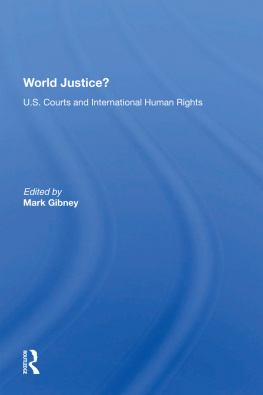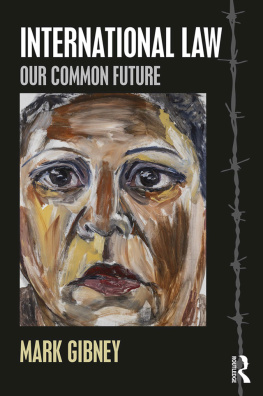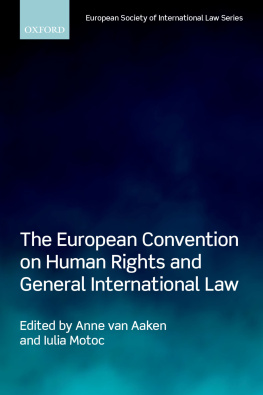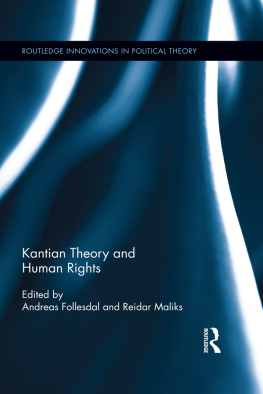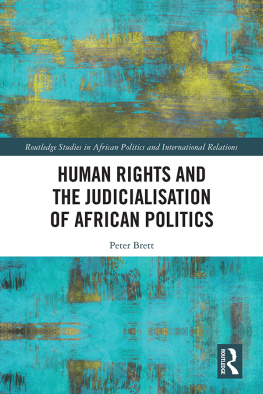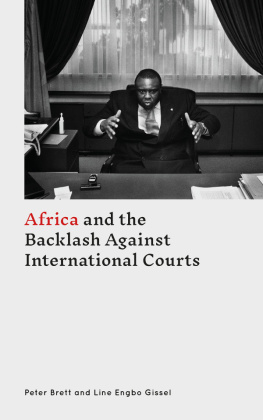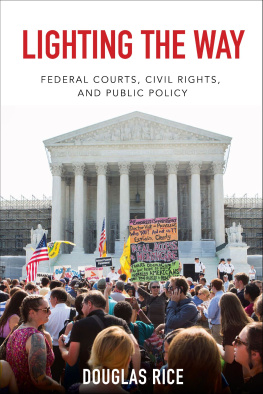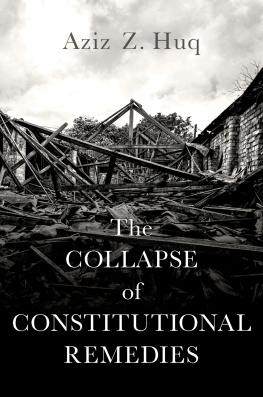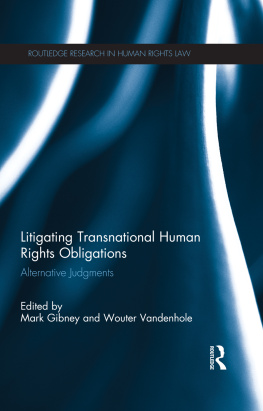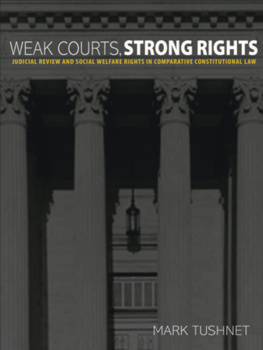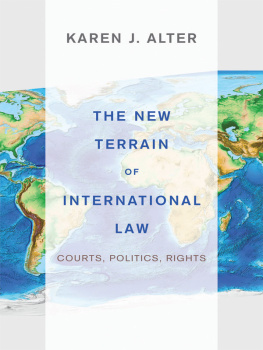SERIES ON STATE VIOLENCE, STATE TERRORISM, AND HUMAN RIGHTS
Series Editors George A. Lopez, University of Notre Dame Michael Stohl, Purdue University
World Justice? U.S. Courts and International Human Rights, edited by Mark Gibney
International Armed Conflict in the Nuclear Age: A Bibliographic Handbook of Military Interventions and Wars Since World War II, Herbert K. Tillema
First published 1991 by Westview Press, Inc.
Published 2021 by Routledge 605 Third Avenue, New York, NY 10017 2 Park Square, Milton Park, Abingdon, Oxon OX14 4RN
Routledge is an imprint of the Taylor & Francis Group, an informa business
Copyright 1991 by Taylor & Francis
All rights reserved. No part of this book may be reprinted or reproduced or utilised in any form or by any electronic, mechanical, or other means, now known or hereafter invented, including photocopying and recording, or in any information storage or retrieval system, without permission in writing from the publishers.
Notice: Product or corporate names may be trademarks or registered trademarks, and are used only for identification and explanation without intent to infringe.
Library of Congress Cataloging-in-Publication Data World justice?: U.S. Courts and international human rights/edited by Mark Gibney. p. cm.(Series on state violence, state terrorism, and human rights) Includes bibliographic references. ISBN 0-8133-1013-X 1. Human rightsUnited States. I. Gibney, Mark. II. Series. KF4749.W67 1991 342.73'085dc20 [347.30285] 90-49582 CIP
ISBN13: 978-0-3672-1395-4 (hbk)
ISBN13: 978-0-3672-1676-4 (pbk)
DOI: 10.4324/9780429268038
Introduction
MarkGibney
Much of the human rights literature is devoted to the definition and conceptualization of the term itself. That is, one of the key questions in this area is what it means to have a human right." Scholars in this field also have spent considerable time debating what human rights individuals have. For example, are civil and political rights more "basic" than social and economic rights? Is there a "third generation" right to development? In addition, some of the literature concerns itself with cultural relativism and a central issue here is the extent to which notions of human rights are universal, or whether certain human rights norms merely reflect the dominant ideology in a particular country or in the world more generally.
Despite the existence of a burgeoning human rights literature, scholars have paid far less time and attention to the issue of the implementation and/or enforcement of human rights laws and principles. One ready explanation for this is that while many human rights concepts seem to be generally agreed upon in theoryconsider, for example, the worldwide acceptance of the Universal Declaration of Human Rights events in the world seem to show that theory here is oftentimes far ahead of actual state practice, or at least this is what the widespread continuation of mass killings, disappearances, and torture would strongly indicate.
It might sound like a truism, but human rights concerns will never be taken seriously until actual implementation and enforcement of human rights laws and norms become an overriding goal of politicians and a major concern of scholars. The essays in this book attempt to fill this void by focusing on the role that courts in the United States have playedor could playin the promotion of human rights. In a judicial system such as ours, claims are presented and the presiding court decides who wins and who loses, and what the rights and the remedies of the parties shall be. Jack Donnelly, one of the leading scholars in this area, has written that "[h]uman rights claims do imply a claim that one ought to have a legal right to the object in question."
At first glance the present undertaking might seem both parochial and timid: parochial because of the almost exclusive concern with the judiciary of one country, the United States, timid because of the expectation that there is not much that courts in this (or any other) country have done, or could possibly accomplish, in this area. Critics would be wrong on both counts. There has indeed been an impressive array of human rights litigation in American courts, and one could well make the argument that the judicial branch in this country has, in many respects, been at the forefront of human rights implementation.
There is no doubt that the case that truly spawned much of the current work and attention of human rights lawyers and scholars alike was Filartigav. Pea-Irala, (enacted in the Judiciary Act of 1789) which reads as follows: "The district courts shall have original jurisdiction of any civil action by an alien for a tort only, committed in violation of the law of nations or a treaty of the United States." The plaintiffs in this case were the heirs of Joelito Filartiga, a seventeen-year-old Paraguayan who had been tortured to death. They alleged that the defendant, Pea-Irala, formerly the Inspector General of Police in Asuncin, Paraguay, had tortured and killed young Filartiga because of the outspoken political views of his father, Dr. Joel Filartiga.
Attempts to bring criminal charges against Pea-Irala in Paraguay proved to be unsuccessful. In 1978 the defendant sold his house in Paraguay and entered the United States as a visitor. Almost immediately, Dolly Filartiga, the sister of the deceased, commenced legal proceedings in federal district court in New York charging that Pea-Irala had wrongfully caused Joelito Filartiga's death, and seeking $10,000,000 in compensatory and punitive damages.
Although the Filartiga suit was originally dismissed by the federal district court, the court of appeals overturned this action holding that despite the fact that all of the activities in question had occurred in Paraguay, and although neither the plaintiff nor the defendant were U.S. citizens or lawful resident aliens, suit still could be brought in an American court under the Alien Tort Statute. In ultimately deciding for the plaintiffs, the court held that both domestic law (U.S. and Paraguayan law) and international law prohibited official torture. In the words of Judge Irving Kaufman:

